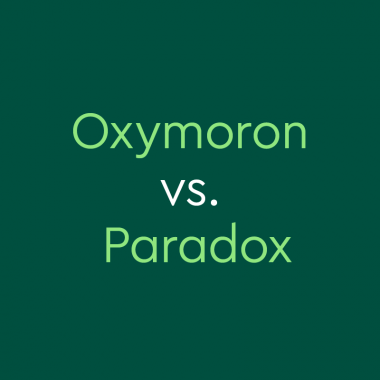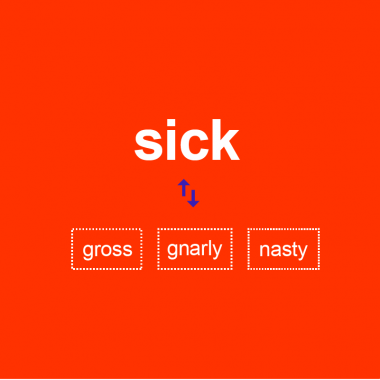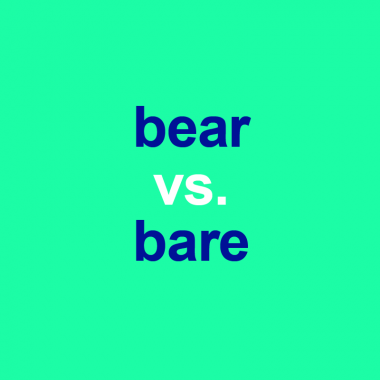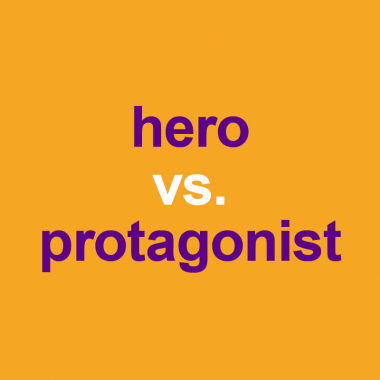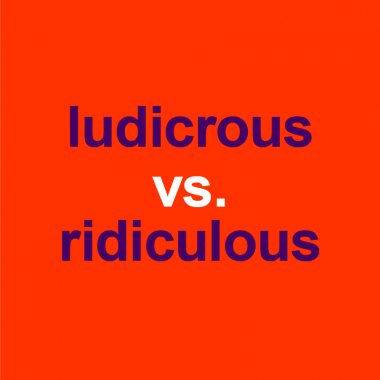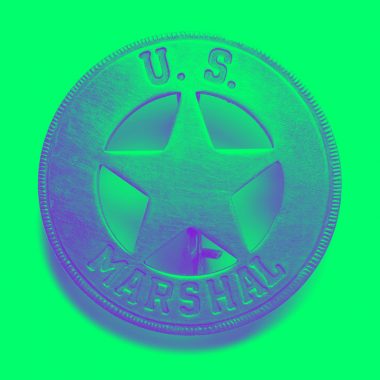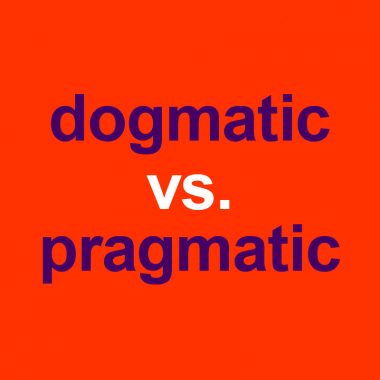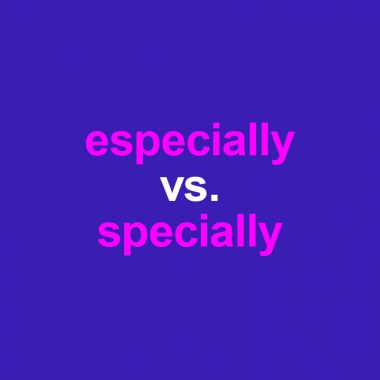Paradox vs. Oxymoron: What’s The Difference?
When parents become empty nesters after their kids head off to college, they may be surprised by the deafening silence of their home. The emptiness can be bittersweet as mom and dad find themselves alone together. In the above sentences, these parents are dealing with quite a few contradictions. Are these examples of oxymorons or paradoxes? Or, is an oxymoron a synonym for a paradox? Let’s take …
